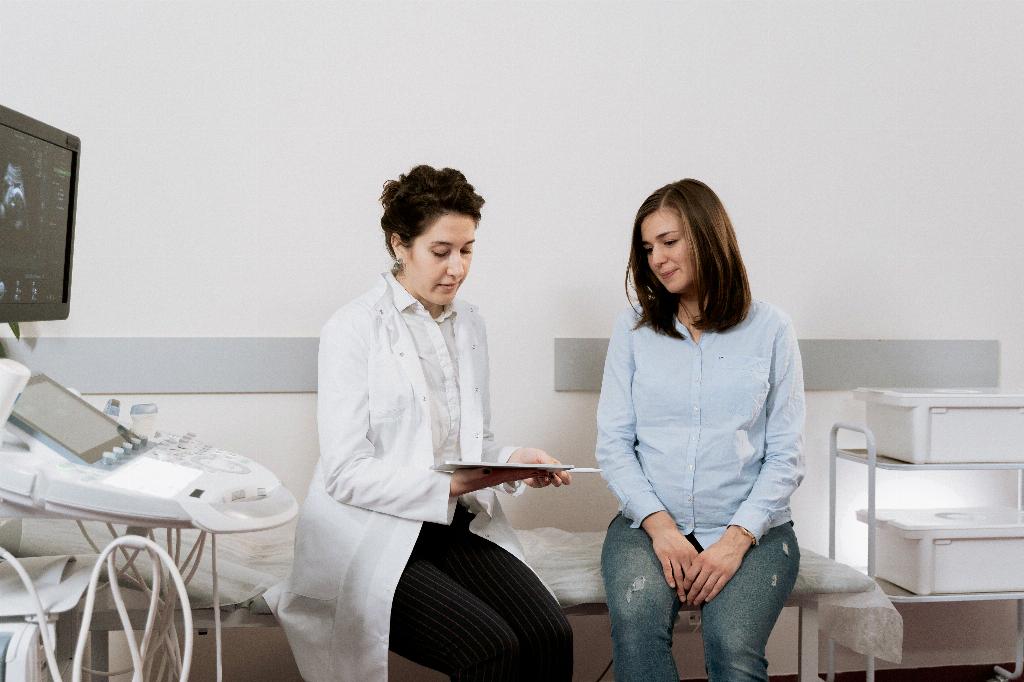When it comes to pregnancy and caffeine consumption, the topic can be a bit controversial. Decaf coffee, often seen as a safer alternative to regular coffee during pregnancy, still raises questions about its potential effects on the developing fetus. It’s essential to delve deeper into the subject to understand the nuances and implications of consuming decaffeinated beverages while pregnant.
Decaf Coffee and Pregnancy: What the Experts Say
According to Elisa Zied, a noted dietitian, consuming decaf coffee and tea during pregnancy is generally considered safe. However, moderation is key. While decaf products contain significantly less caffeine than their caffeinated counterparts, repeated consumption throughout the day can result in cumulative caffeine intake, which might still have repercussions.
Decaffeinated Doesn’t Mean Caffeine-Free
One common misconception about decaf coffee is that it is completely caffeine-free. In reality, decaffeinated beverages still contain small amounts of caffeine. The process of removing caffeine from coffee beans isn’t 100% effective, leaving a residual amount behind. For pregnant individuals looking to minimize caffeine intake, understanding this distinction is crucial.
Understanding Caffeine Sensitivity During Pregnancy
During pregnancy, the body’s sensitivity to caffeine can vary significantly from person to person. Some individuals may find that even small amounts of caffeine, such as the residual traces in decaf coffee, can impact their sleep patterns, heart rate, or overall well-being. It’s important to pay attention to how your body responds to decaffeinated beverages during this critical time.
Risks Associated with High Caffeine Intake
While moderate consumption of decaf coffee is generally deemed safe during pregnancy, excessive caffeine intake has been linked to potential risks. Studies have suggested that high levels of caffeine consumption may increase the risk of miscarriage, low birth weight, or other complications. Pregnant individuals should be mindful of their overall caffeine intake from all sources.
The Importance of Individual Tolerance
Each person’s tolerance to caffeine can vary widely. Some individuals may metabolize caffeine more slowly, leading to a prolonged impact on their system. Others may find that even small amounts of caffeine can cause jitteriness or affect their sleep quality. Understanding your unique tolerance can help you make informed decisions about consuming decaf coffee during pregnancy.
Consulting with Healthcare Providers
As with any dietary considerations during pregnancy, it’s essential to consult with your healthcare provider. Your doctor or midwife can provide personalized guidance based on your medical history, current health status, and individual needs. They can offer tailored recommendations regarding caffeine intake, including the consumption of decaf coffee, to support a healthy pregnancy.
Listening to Your Body’s Signals
During pregnancy, your body may send signals that guide you in making choices about food and beverages. If you notice any adverse reactions after consuming decaf coffee, such as increased heart rate, digestive issues, or difficulty sleeping, it may be a sign that your body is reacting to the residual caffeine content. Paying attention to these cues is essential for your well-being.
Exploring Alternative Beverages
If you’re looking to reduce or eliminate caffeine consumption during pregnancy, there are plenty of alternative beverages to enjoy. Herbal teas, fruit-infused waters, or decaffeinated herbal coffee blends can provide flavorful options without the potential caffeine content. Experimenting with different beverages can help you find satisfying choices that align with your pregnancy goals.
Moderation as the Key
Ultimately, the key to consuming decaf coffee during pregnancy lies in moderation. Being mindful of your overall caffeine intake, observing how your body responds to decaffeinated beverages, and seeking guidance from healthcare professionals can help you navigate this aspect of your pregnancy journey. By making informed choices and listening to your body, you can prioritize your well-being and the health of your growing baby.
Final Thoughts on Decaf Coffee and Pregnancy
While decaf coffee can be a part of a balanced pregnancy diet, it’s important to approach consumption with awareness and moderation. Understanding the nuances of decaffeinated beverages, recognizing individual caffeine sensitivity, and seeking guidance from healthcare providers are all essential steps in making informed decisions. By prioritizing your health and well-being, you can enjoy your pregnancy journey with confidence and peace of mind.

